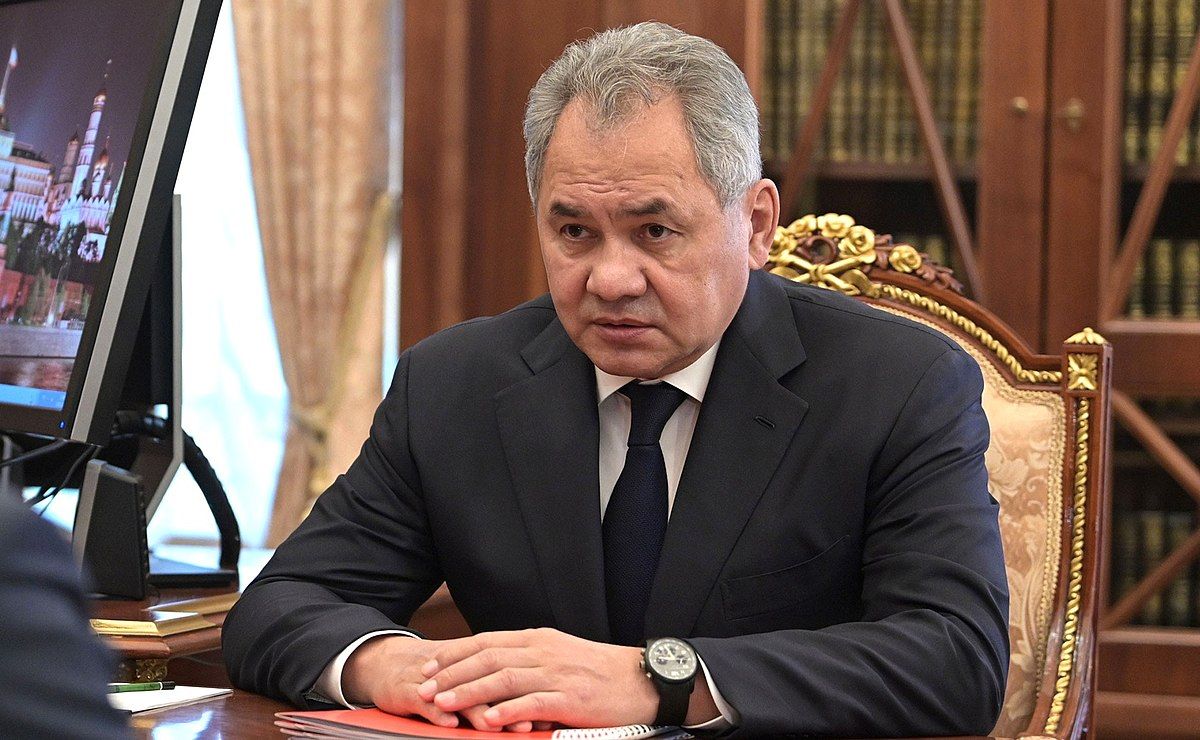Russian media: Krasnodar Krai to close 2 prisons after inmates leave to fight in Ukraine

The number of inmates joining the Russian army has led the authorities in Krasnodar Krai to decide to close two prison colonies, Russian state media outlet Kommersant reported on March 21, citing Mark Denisov, the regional commissioner for human rights.
The lack of prisoners "prompted someone to report to the top about the need to close penitentiary institutions in order to optimize and save money," Denisov said, describing this as an "alarming trend."
Moscow has been recruiting convicts for its war since summer 2022, first under the auspices of the Wagner mercenary group and then directly under the Russian Defense Ministry.
Most of the convicted recruits serving in the Russian military were assigned to the Storm Z assault units, effectively used as cannon fodder and suffering heavy casualties.
The prisoners, even those convicted of violent crimes, were promised a pardon if they completed a six-month military contract.
Denisov said he was against the prison closures, claiming that the drop in the number of inmates was a "one-off" phenomenon and that in the future, "everything will return to normal."
According to Kommersant, one prison for first-time offenders and one prison for repeat offenders are set to be closed in Krasnodar Krai.
Mykhailo Podolyak, an advisor to the Head of the President's Office, said in January 2023 that nearly 80% of Russian prisoners recruited by Wagner had been killed, injured, or captured by Ukraine. The following month, the group claimed it had stopped recruiting prisoners.
According to the BBC, the situation in the Russian military changed in September 2023, when prisoners were given new conditions, as their contract was to be signed for a year instead of six months and would be automatically prolonged.
Instead of pardon, the prisoner recruits are released on parole, which can be changed into pardon only if they receive a military award, suffer serious injuries, reach the age limit of service, or the war ends, the BBC said.













